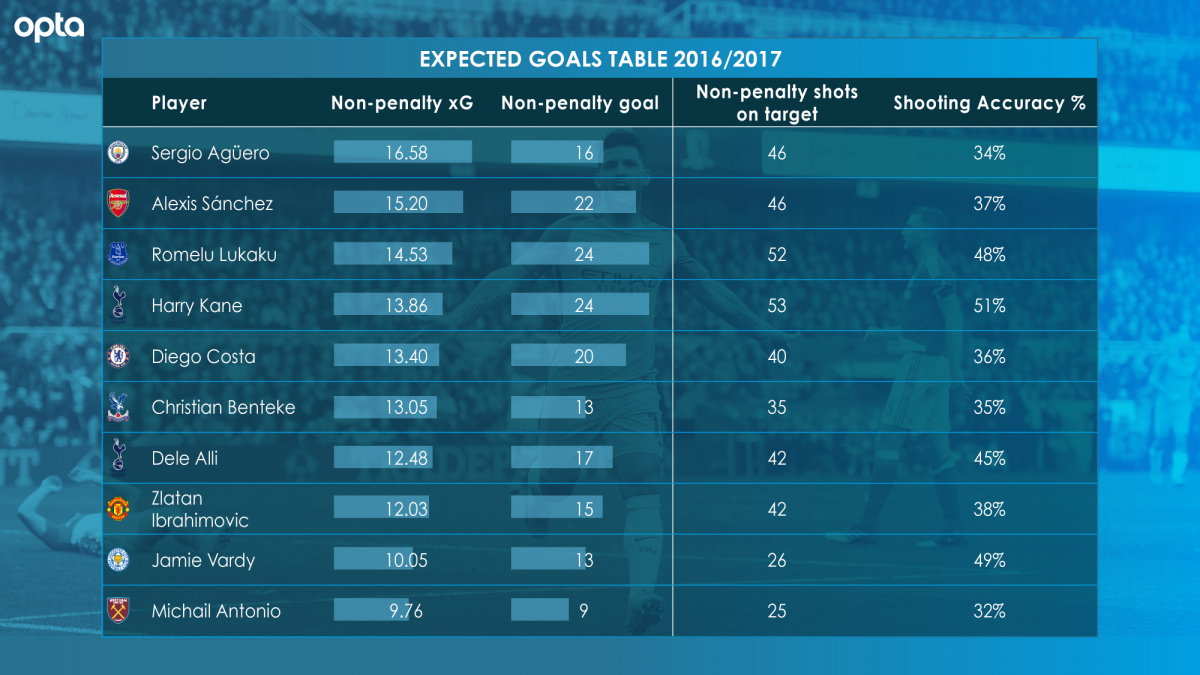
Data has changed the way we can think about sports by offering insights which broadcasters can exploit. Source: Shutterstock
Sports broadcasting: A union of data and instinct
DATA without context is essentially a useless piece of information, so when using statistics content makers and businesses need to really consider how they present their data to audiences.
A panel at the recent All That Matters conference in Singapore spoke on the evolution of data’s role in the sports industry, and what it meant for the future of how sports is reported, played and managed. The panelists spoke on issues of the different roles data plays depending on who is using it, but they also spoke about how the potential of data can be misunderstood.
Data is a powerful tool – in the right hands with the right experience and ideas, it can be leveraged to produce interesting insights for sports fans, or help a football club decide which player to sign on next. However, data in isolation isn’t particularly useful, and should instead be considered within a context in order to be better understood and leveraged.

Broadcasters can benefit from data as it gives their coverage that extra something that makes it special. Source: Shutterstock
“[The visualization aspect] is so important because without that, without giving it context – which could be done in the digital or broadcast space – it renders it relatively meaningless,” James Marley, FOX Sports Asia editor-in-chief. “It’s what you do with it.”
Opta, a sports data company and the organizers of the panel, offered an example of how the tracking data gleaned from sensors embedded within players’ shoes, can actually provide broadcasters with statistics about speed, locations, and opportunities that take place in real time. Marley makes the point that this tracking data can be turned into “content narrative”, and could be storified by the broadcasters or journalists.
SEE ALSO: Data is a rising force in sports – Here’s how some companies are responding
“You could [see what will happen] before someone steps up to take a penalty kick in the World Cup,” said Marley.
The moderator, John Dykes, who is also a broadcaster on FOX Sports Asia, said that it’s not just about the data points that could be fed directly to a broadcaster at a moment’s notice, but the study and knowledge a broadcaster brings and combines with those numbers that can really make a story shine. He related how he had to research and bring germaine knowledge to “anticipate what would happen during that broadcast”.

Data presented without context can be overwhelming but by placing it within a greater narrative, broadcasters can capture the audience’s attention. Source: Opta
“That stat comes instantly, and the presenter is presented with some instant data, which the presenter then can use to improve the broadcast.”
Dykes also spoke about how the legendary cricket commentator, Richi Benaud used to say, “The art of the commentator, the art of the broadcaster, is to answer a question just as it’s beginning to form in the viewer’s mind.”
SEE ALSO: How ONE Championship leverages on the power of tech and Asia’s cultural heritage
What Dykes gets at is that while this data may be the new normal and a gamechanger for sports commentary, technology without that touch of a compelling, human story would render it useless. It’s a skill that is pertinent for all businesses, whether it’s sports or not.
Data on its own is easy to obtain – you could hire a company and you could feed it to your audience in a stream, but that’s not a useful or effective way of conveying an idea. To really make something valuable, something that will get people to buy into and commit to, you have to make it what Dykes calls a “wonderful benefit” worth paying attention to.
“If you think that through, we are identifying through our gut feeling that something might be happening that this expert, thanks to knowledge, stats, experience, seamlessly says that ‘this guy is doing this’,” said Dykes.
That “gut feeling” that Dykes talks about is the differentiator that could help a business break away from the pack, and show audiences something worthwhile. It’s about introducing nuance, and understanding, and a story that people care about.
SEE ALSO: All That Matters 2017: Where’s the next frontier for tech, business, culture? Closer than you think
“The proper use and the understanding of the nuances of data is incredibly important. You could sit there and say ‘Did you know that Wayne Rooney’s strike rate since going to Everton is 32.4%’ – what does that mean? It has no context.
“But if you say that that’s five times better than his last five years at Manchester United, all of a sudden you’ve got context. So the ability to extract the narrative, but also how to connect it with insights.”
READ MORE
- Safer Automation: How Sophic and Firmus Succeeded in Malaysia with MDEC’s Support
- Privilege granted, not gained: Intelligent authorization for enhanced infrastructure productivity
- Low-Code produces the Proof-of-Possibilities
- New Wearables Enable Staff to Work Faster and Safer
- Experts weigh in on Oracle’s departure from adland
